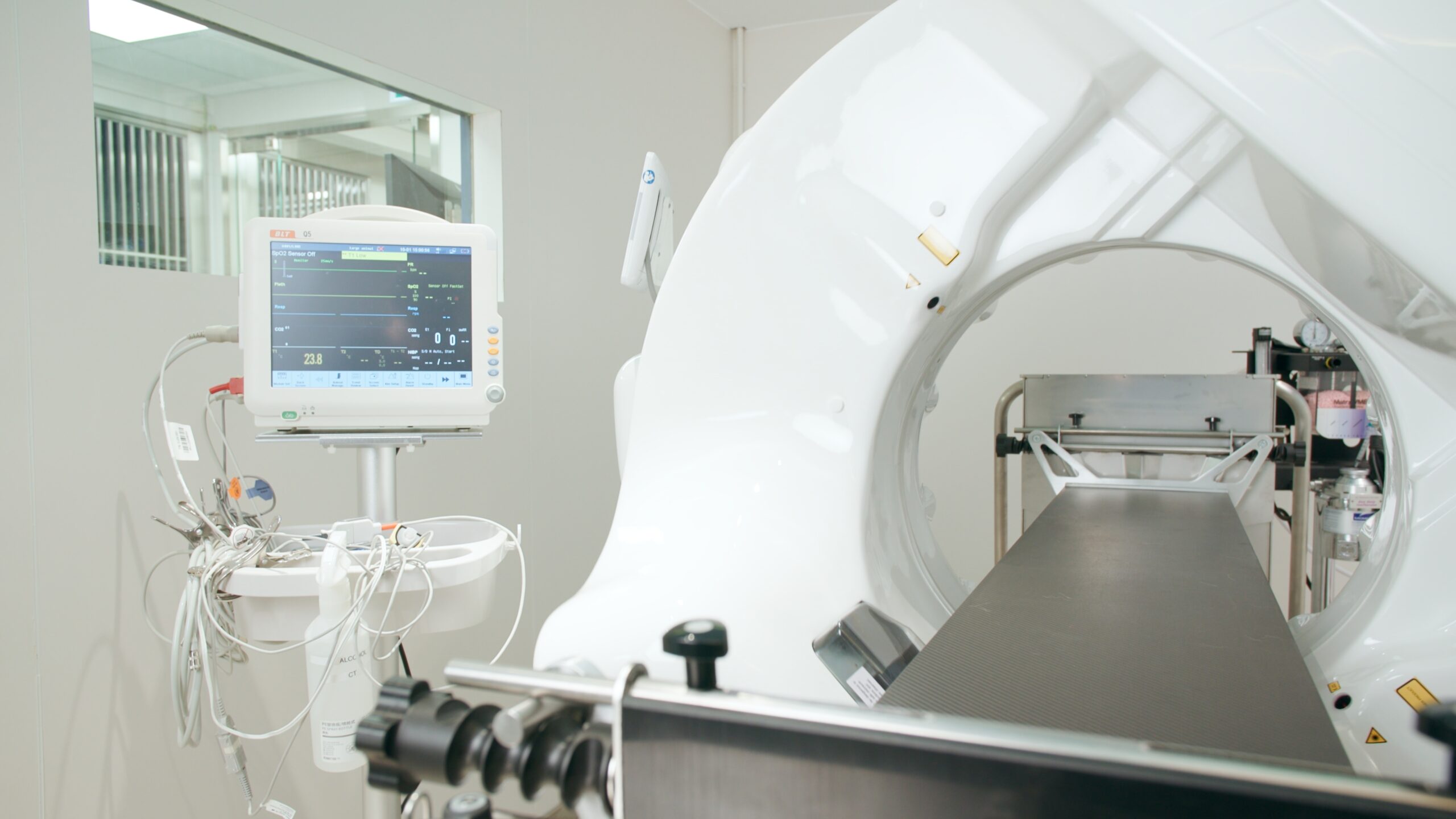CT Scan Fees
What to expect when you bring your dog, cat or other pet for a CT scan
How a dog or cat CT scan is done?
How long does a CT scan take?
Your pet’s vital signs are closely monitored while undergoing a CT scan. The CT scan machine is very efficient, and a typical CT scan only takes a short time.
Following the CT for your dog or cat, your vet will interpret the images and provide you with an accurate diagnosis of your pet’s condition along with recommendations regarding the best course of treatment for your pet.

CT Scan Fees
We have a specific fee for each body part when conducting a CT study with contrast agent, and we also charge for the report. Our aim is to provide transparency regarding the cost of a CT scan, ensuring that pet owners are aware of the individual charges for a dog scan, cat scan, or any other type of pet CT scan.
Please see below our CT scan costs’ breakdown for reference:
CT Scan (body part)
|
Abdomen |
|
Chest |
|
Panoramic Dental |
|
Per Limb or Extremity |
|
Skull |
|
Spine |
|
Contrast Agent |
|
CT Scan Report fee – 1st site |
|
CT Scan Report fee – additional site |
|
Urgent CT scan Report Surcharge |
|
$5,000.00 |
|
$5,000.00 |
|
$1,500.00 |
|
$2,200.00 |
|
$3,500.00 |
|
$5,000.00 |
|
$1,000.00 |
|
$2,500.00 |
|
$1,800.00 |
|
$2,000.00 |
Diagnostic imaging for dogs
How are CT scans for pets beneficial?
The high-resolution images produced by a CT scanner help vets evaluate your dog's anatomy in greater detail than traditional X-rays allow.
CT scanners provide excellent, detailed scans of bony and soft tissue structures in the body. The most common areas of the body scanned by vets using CT technology include your cat’s spine, nasal cavity, inner ear, and chest or lungs. Vets may also use CT technology to assess your pet's lymph nodes, thyroid gland, abdominal organs, skull/brain, and vascular structures.
A CT scan can also be combined with a contrast material that is given to your pet intravenously (IV), allowing your vet to see increased areas of blood flow in the body. This is a great way to detect cancer and areas of inflammation.
The Team

